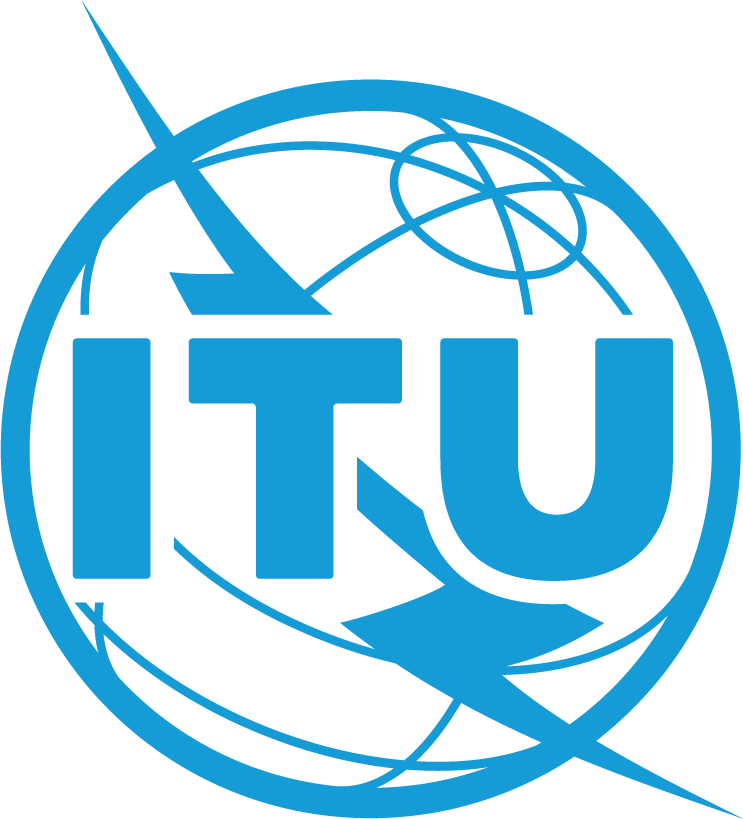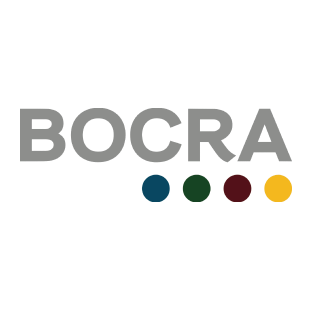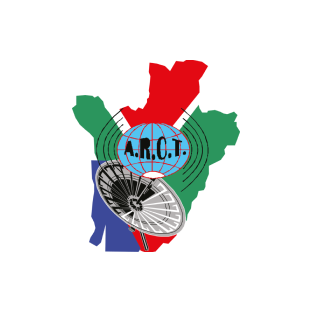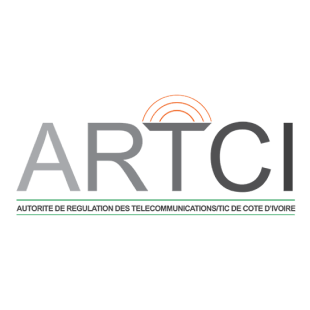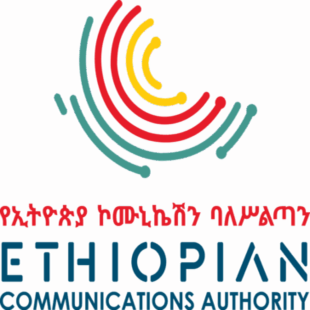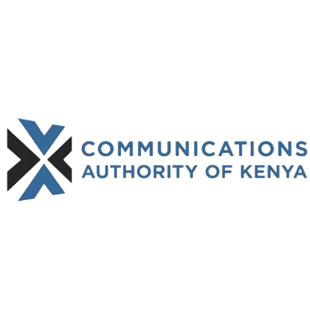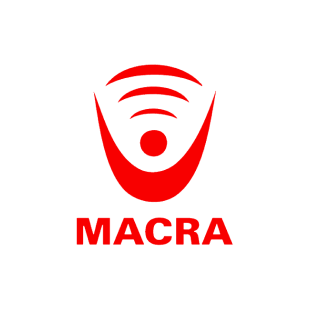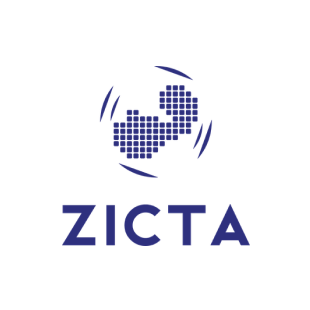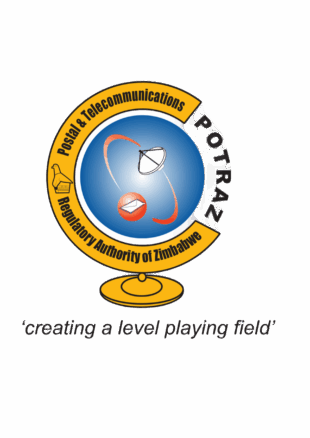-

Key Milestones
-
2025
Baseline assessments, policy analysis, and advocacy for broadband mapping across Sub-Saharan Africa (SSA)
Baseline assessments and policy analysis for standardized broadband mapping. Development of a Maturity Matrix and regulatory recommendations. Sub-regional advocacy and promotion of best practices. -
2026
Implementation of broadband mapping systems and data standardization
Development of common data standards and open data practices for the SSA region. Establishment or strengthening of national broadband mapping systems in the partner countries. Technical training and certification for advanced stage countries. Post-implementation support in these countries. -
2027
Consolidation of gains and post-implementation support
Technical training and certification in initial and medium stage countries. Post-implementation support in these countries. -
2028
Final consolidation and project closure
Continued training and post-implementation support in initial and medium stage countries. Preparation for project closure. Final closing event targeting all countries.
Project Timeline
Africa-BB-Maps is a four-year multi annual project, starting in 2025 and concluding in 2028, with each year dedicated to specific objectives and activities aimed at improving broadband mapping across Sub-Saharan Africa.
Year 1, the project focuses on establishing the groundwork for broadband mapping, starting with baseline assessments and detailed policy analyses across all participating countries. The development of a Maturity Matrix helps evaluate the existing broadband infrastructure and policies. Sub-regional advocacy and dialogue activities promote best practices for policy and regulatory frameworks. For advanced stage countries, efforts are directed toward promoting common data standards, open data practices, and procure what is necessary to strengthen the already existing infrastructure or establish the new national broadband mapping system, focusing on infrastructure and service mapping. Additionally, a community of practice is established at regional and sub-regional levels to foster collaboration, along with guidelines and open-source tools to support broadband mapping initiatives.
Year 2, the project expands the focus to medium and initial stage countries. It promotes the same common data standards and open data practices established in Year 1, but now tailored to these countries’ specific needs. Medium and initial stage countries receive technical specifications for their broadband mapping systems, which are procured and established. Meanwhile, advanced stage countries undergo advanced technical training, receive ITU certifications, and benefit from ongoing post-implementation support to ensure the systems are fully integrated and functional. By the end of year 2, medium stage countries also expected to implement their new national broadband mapping systems, following the same process designed for the advanced stage.
Year 3, the project shifts to consolidating the progress made in the previous two years. This phase focuses largely on providing ITU-certified technical training for initial stage countries, ensuring the skills are acquired by local experts. Medium and initial stage countries receive continued post-implementation support to ensure the broadband mapping systems are operational.
Year 4, the project serves as the final phase of the project, with activities centered on wrapping up ongoing implementations and ensuring all systems are sustainable for the future. The tailored training programs for initial stage countries continue, and both medium and initial stage countries receive additional post-implementation support where necessary. The project is concluded with a final event that brings together all countries involved, reporting on the achievements and outcomes of the project.
-
